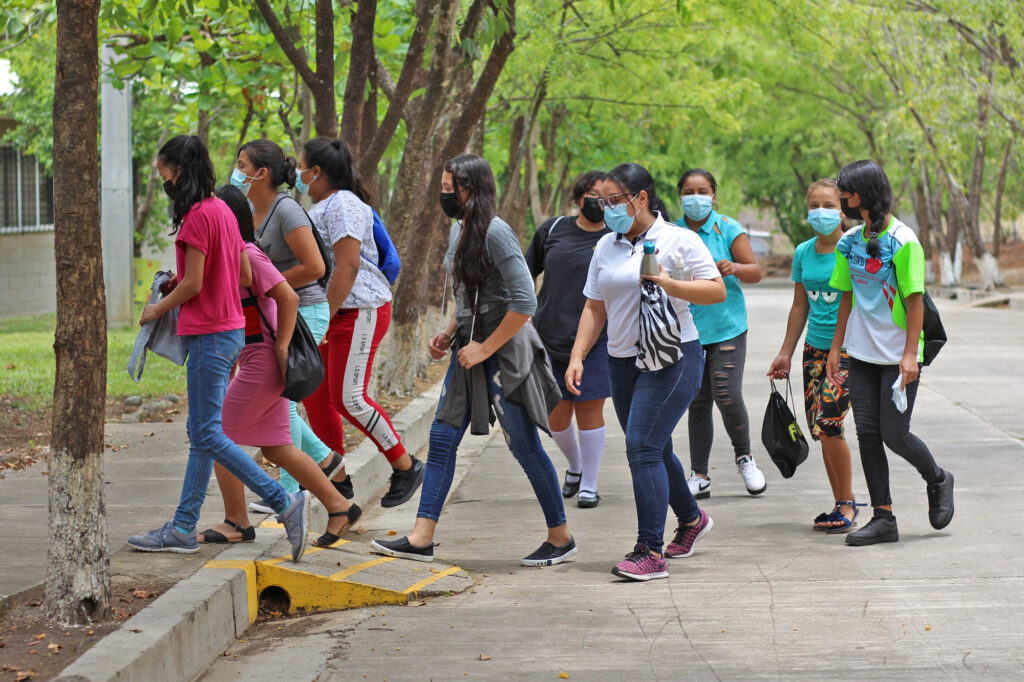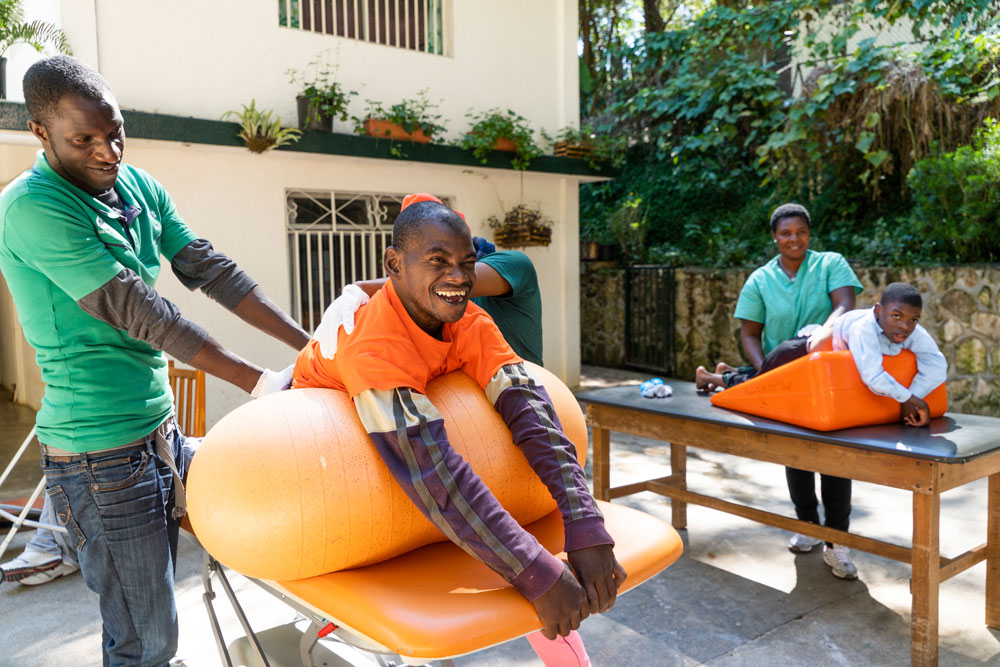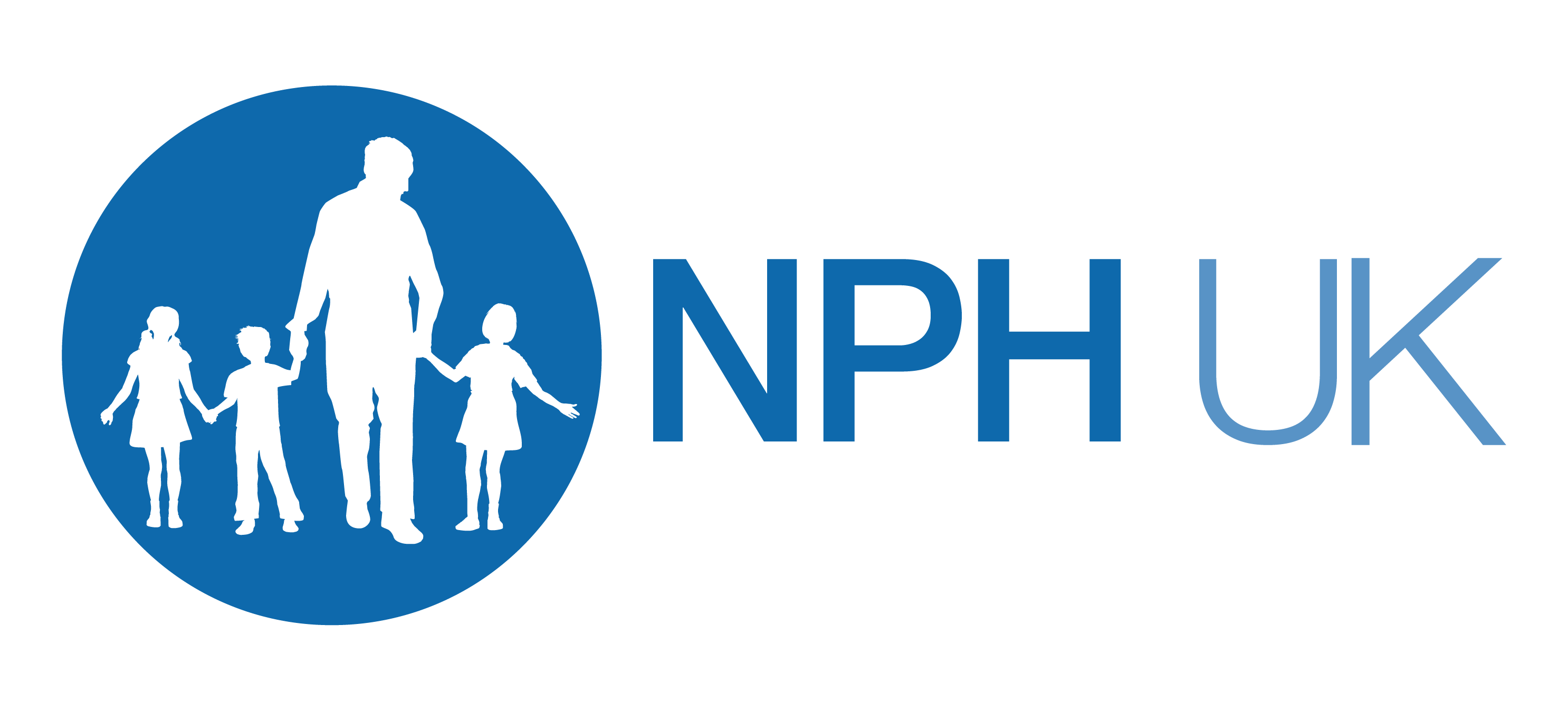The children that NPH supports
In many contexts NPH talks about our work on behalf of “vulnerable children”.
We’d like to share with you what this means.
A child deprived of healthcare, education, good nutrition
and loving family care
What other factors create vulnerability?
Apart from lack of healthcare, education and nutrition, poverty is often cited as a risk to children and young people, and that’s true. However, it’s just one of a long list of factors contributing to vulnerability, including:
- Lack of parental care
- Child abuse, neglect and abandonment
- Violence – both in the family and further afield
- Discrimination, e.g. because of gender or sexuality
- Natural disasters
- Disability
- And addictions, unemployment, overcrowding, poor sanitation, child labour, and so much more
How do our worlds compare?
The Child Vulnerability Index developed by SOS Children’s Villages gives a sense of the threat to child rights across the world. It is a measure of how likely it is for children to be at risk in a particular country.
Here’s how 3 countries compare from across the colour-coded spectrum of vulnerability.
HAITI
72
PERU
45.7
UK
19.4
What does NPH do?
At NPH we work to protect and restore children’s rights and to prevent them from being violated in future.
NPH supports children and young people who have lost or who are at risk of losing parental care and who are living in extremely vulnerable circumstances.
NPH programmes address the areas of vulnerability affecting children receiving care from us, including:
- Healthcare
- Education
- Nutrition
- Support for disabilities
- Youth empowerment
Examples of vulnerability in NPH countries
No one factor is unique to one country, but a couple of examples may help to illustrate what we mean by vulnerability.
El Salvador

Since the end of the civil war in El Salvador in 1992, gangs who originally set up in the U.S. have returned to their home country and contributed to an alarming level of violent crime. Sometimes children are unable to attend school because of the danger of crossing gang territory. If they stay at home, they may be exposed to other risks. Absence from school damages their prospects of finding and staying in work. Read more about NPH in El Salvador.
Haiti

In a country where able-bodied people already face huge challenges in their day-to-day existence, people with special needs are especially vulnerable. Prejudice results in their sometimes being abandoned at birth. Very few facilities provide the kind of specialised care and training delivered by NPH Special Needs.
Where do you fit in?
NPH is one part of the equation that leads to a better life for children. The government also plays its part, and we work closely with the authorities. In addition NPH partners with international agencies such as UNICEF and UNHCR.
We can only play our part with your support. We do depend on your financial commitment. We also hope that you share our sense of the need to take joint responsibility in creating a more equitable world. There are many ways you can participate, so join the NPH family!
Further reading about the factors behind vulnerability
UNICEF State of the World’s Children Report
SOS Children’s Villages Children at Risk Report
The EU Strategy on the Rights of the Child and the European Child Guarantee
